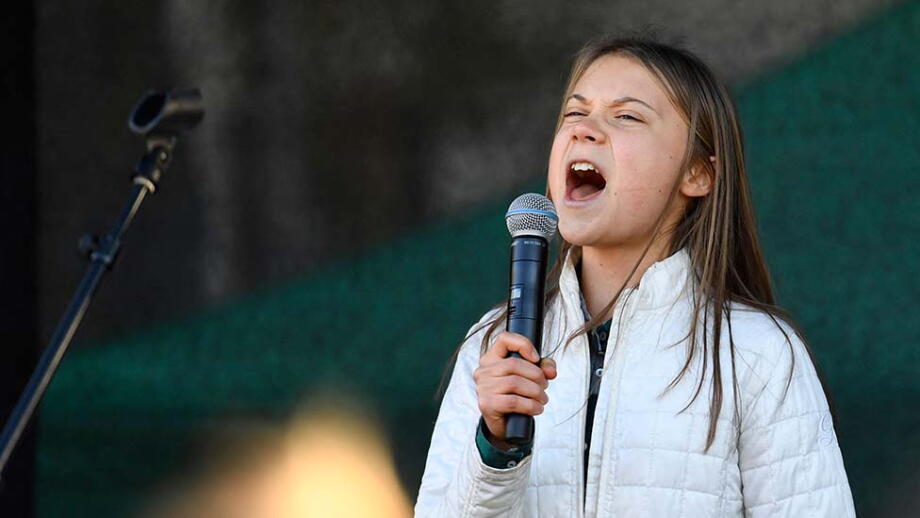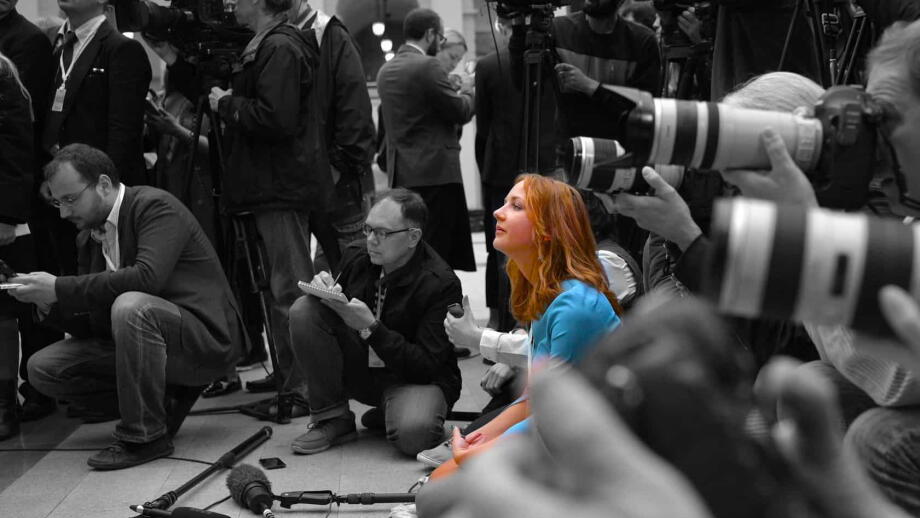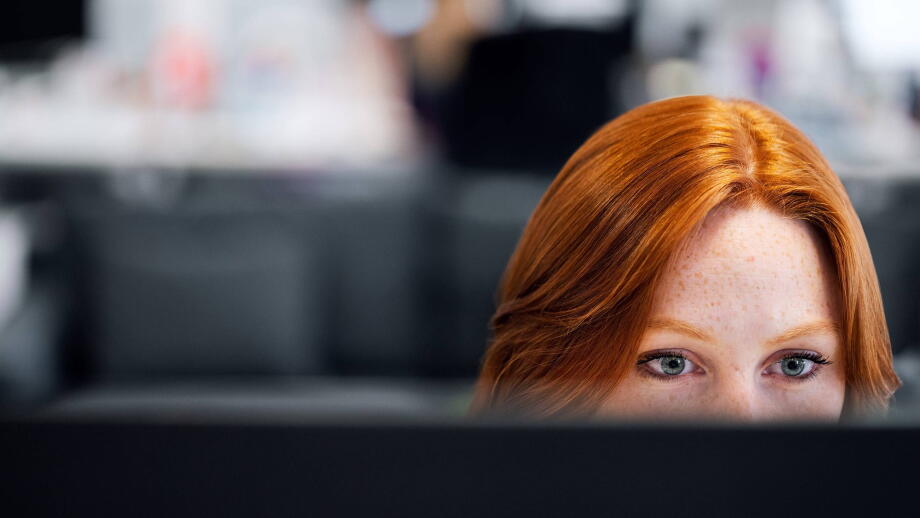In Short:
Research from around the world, including Australia, has consistently shown that news coverage is dominated by the voices of men. About 70% of people quoted, heard, and seen in the news are men. Some argue this is because women are less willing to do media interviews than men, but we don’t really know. There is very little research about the attitudes of ‘sources’ or ‘talents’ who are approached by journalists to provide news interviews. This project is a first step to fill this gap and give us a better understanding of the motivations and barriers that influence women’s and men’s media engagement.
Key findings
We surveyed more than 200 Australian adults. Some were subject experts. Others were spokespeople for organisations or communities. We asked them about their willingness to speak to the news media and what may influence that decision. We also asked open-ended questions about what makes for a positive or negative interview.
At a time when journalists are facing backlash for what is perceived as aggressive interviewing techniques and so-called ‘gotcha questions’, this kind of rare feedback about the interview experience is particularly valuable.
The findings we outline here are generally encouraging, both for journalists and those who go ‘on the record’ with the news media, or who have the potential to do so.
Significantly, and in line with other research, our findings suggest that the interview experience, overall, is positive. But there are certain common factors that can put people off or act as barriers to engagement.
From this feedback, we outline approaches and strategies which are likely to encourage prospective sources – women and men – to agree to an interview request and provide guidance about best practice in interviewing.
This research refutes the argument that women are less likely than men to agree to an interview request, but it does highlight some notable gender differences in experiences and attitudes.
Contact
Alex Fisher
Visiting Fellow
Leadership & the Glass Cliff, Relationships & the care economy, The workplace & working lives
Michelle Ryan
Director
Intersectionality & identity, Leadership & the Glass Cliff, Relationships & the care economy, The workplace & working lives
Gosia Mikołajczak
Research Fellow
The workplace & working lives
Emmaline Monteith
Research Assistant
Media, technology & online safety, Youth engagement
You may also like
Climate change reporting in the Australian media
Climate change is one of the most important challenges we face, and we knew we could present a new angle on Australia’s climate change discourse. In conversation with RMIT’s Circular Economy Hub, we…
2021 Women for Media Report
There are distinct challenges in news coverage for women. Women’s voices are still not elevated in the same way that men’s voices are elevated. Combining quantitative and qualitative analysis of more…
Feminist technology diplomacy
Women currently make up just 20% of employees in technical roles at major machine learning companies, and that only 12% of AI researchers and 6% of professional software developers are women. This…







